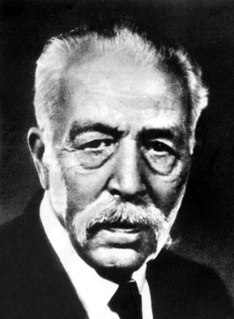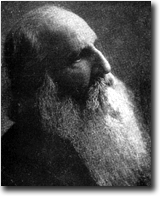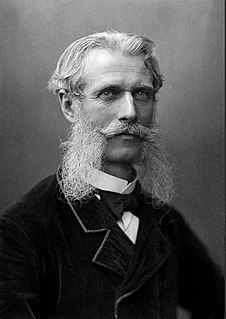A Quote by Lord Chesterfield
To this principle of vanity, which philosophers call a mean one, and which I do not, I owe a great part of the figure which I have made in life.
Related Quotes
Life, by which I mean my life, is a great, or probably the greatest, design, from its very beginning to its end, the end that, I think, is unlikely to exist. Each and every bit of life is a part of the design. Design exists as the consequence of the ultimate questioner's vanity. And my mission is to find the most fundamental truth, which probably and exclusively involves the nature of the existence of the ultimate questioner.
Of the first philosophers, then, most thought the principles which were of the nature of matter were the only principles of all things. That of which all things that are consist, the first from which they come to be, the last into which they are resolved....this they say is the element and this is the principle of things.... yet they do not all agree as to the number and the nature of these principle is water.
Worship is to feel in your heart and express in some appropriate manner a humbling but delightful sense of admiring awe and astonished wonder and overpowering love in the presence of that most Ancient Mystery, that Majesty which philosophers call the first cause, but which we call our Father which art in heaven.
People talk of the sacrifice I have made in spending so much of my life in Africa. Can that be called a sacrifice which is simply paid back as a small part of a great debt owing to our God, which we can never repay? All these are nothing when compared with the glory which shall be revealed in and for us. I never made a sacrifice.
We owe to democracy, at least in part, the regime of discussion with which we live; we owe it to the principal modern liberties: those of thought, press and association. And the regime of free discussion is the only one which permits the ruling class to renew itself... which eliminates that class quasi-automatically when it no longer corresponds to the interests of the country.
It is alone that part of the external universe which we call material which acts on man through his senses - that part of which we ordinarily feel our knowledge to be the surest; but in reality, strangely enough, as will soon appear, this is one of the aspects of the external world, of which we can know nothing.
Of the eternal corporeal substance (which is not producible ex nihilo, nor reducible ad nihilum, but rarefiable, condensable, formable, arrangeable, and "fashionable") the composition is dissolved, the complexion is changed, the figure is modified, the being is altered, the fortune is varied, only the elements remaining what they are in substance, that same principle persevering which was always the one material principle, which is the true substance of things, eternal, ingenerable and incorruptible.
I have gained very great inspiration from the Cornish land- and seascape, the horizontal line of the sea and the quality of light and colour which reminds me of the Mediterranean light and colour which so excites one's sense of form; and first and last there is the human figure which in the country becomes a free and moving part of a greater whole. This relationship between figure and landscape is vitally important to me. I cannot feel it in a city.
I call the transformed world toward which we can move ‘sustainable,’ by which I mean a great deal more than a world that merely sustains itself unchanged. I mean a world that evolves, as life on earth has evolved for three billion years, toward ever greater diversity, elegance, beauty, self-awareness, interrelationship, and spiritual realization.
And could I look upon her without compassion, seeing her punishment in the ruin she was, in her profound unfitness for this earth on which she was placed, in the vanity of sorrow which had become a master mania, like the vanity of penitence, the vanity of remorse, the vanity of unworthiness, and other monstrous vanities that have been curses in this world?
If we mean to have Heroes, Statesmen and Philosophers, we should have learned women. The world perhaps would laugh at me, and accuse me of vanity, but you I know have a mind too enlarged and liberal to disregard the Sentiment. If much depends as is allowed upon the early Education of youth and the first principals which are instill'd take the deepest root, great benefit must arise from literary accomplishments in women.
The paths by which people journey toward happiness lie in part through the world about them and in part through the experience of their souls. On the one hand, there is the happiness which comes from wealth, honor, the enjoyment of life, from health, culture, science, or art; and, on the other hand, there is the happiness which is to be found in a good conscience, in virtue, work, philanthropy, religion, devotion to great ideas and great deeds.



































